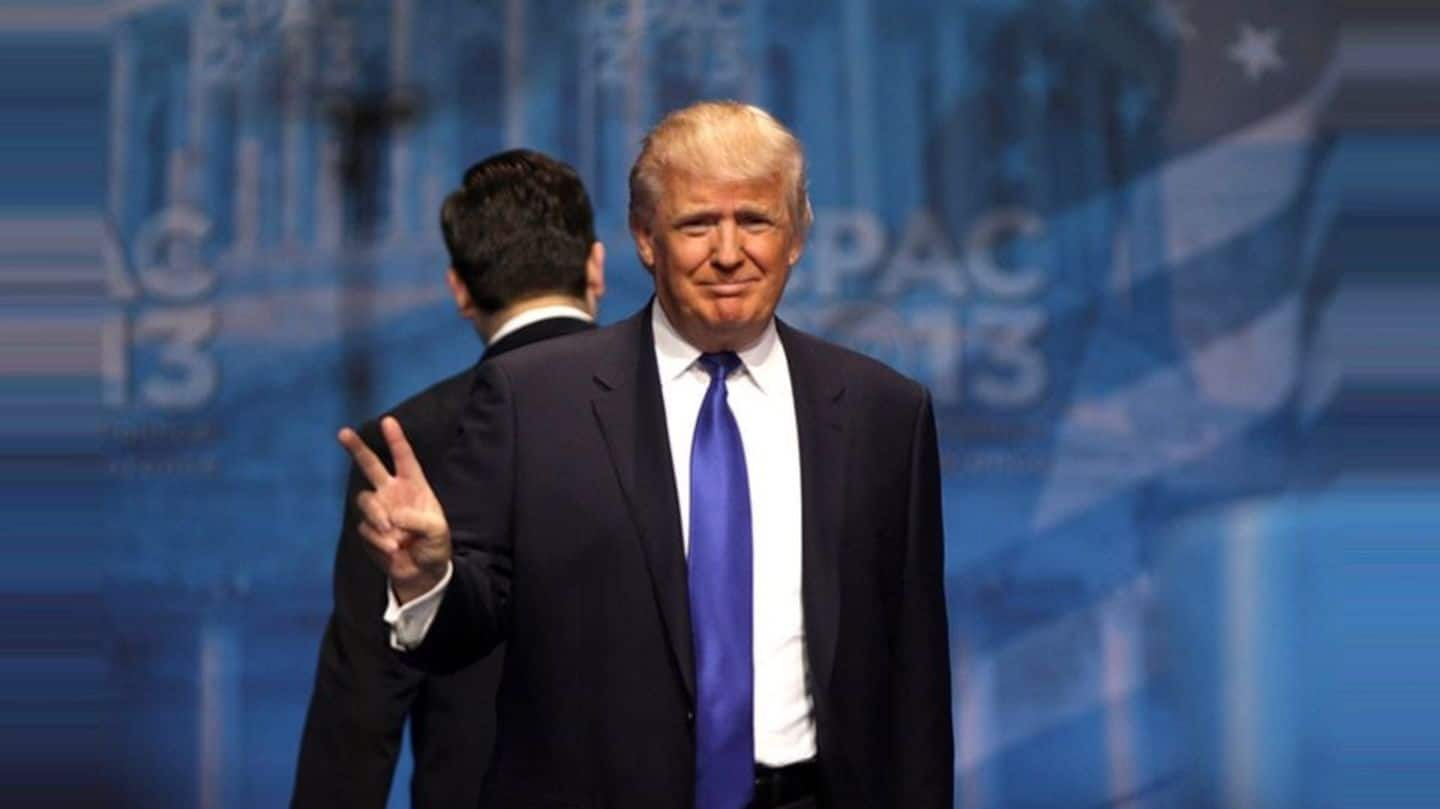
Trump expected to withdraw support for the Iran nuclear deal
What's the story
President Donald Trump is expected to withdraw the administration's support from the Iran nuclear deal to unveil a more confrontational approach with Tehran.
Trump's decision would give Congress 60 days to decide whether to withdraw America from the landmark deal and re-impose sanctions.
Trump, a vocal critic of the deal, is facing domestic and international pressure not to ditch the deal.
Do you know?
What is the 2015 Iran Nuclear deal?
In 2015, US had signed an agreement with UK, France, Russia, China, Germany and the EU wherein limits were put on Iran's nuclear program, but it was allowed to enrich uranium for domestic purposes.
Requirements
Trump required to certify Iran's adherence to deal periodically
The US president is required to certify every 90 days that Iran is adhering to the agreement. Trump has certified it twice.
There's speculation that he may refuse to certify it this week, raising alarms among American allies and certain members of his own team.
Earlier this Month, Defense Secretary James Mattis told the Senate that abandoning the deal isn't in the national interest.
Conflicting stances
US allies, Republicans urge Trump to keep deal
Trump has repeatedly called the accord the "worst deal ever negotiated" and threatened to tear it up.
The Republican chairman of the powerful House Foreign Affairs Committee, Ed Royce, acknowledged that the deal was "flawed" but "I believe we must now enforce the hell out of it."
US allies, including Britain and France, have called on Trump to keep the deal.
Analysis
Could Trump's decertification be aimed at renegotiating the deal?
Trump is expected to tell Congress that Iran isn't adhering to rules set by US law and that the deal's benefits to Washington are minimal.
The US risks international isolation and a hit to its credibility, as Iran has been complying with the agreement.
Republicans have indicated that Trump's decertification could be used as leverage to get changes they want to the deal.